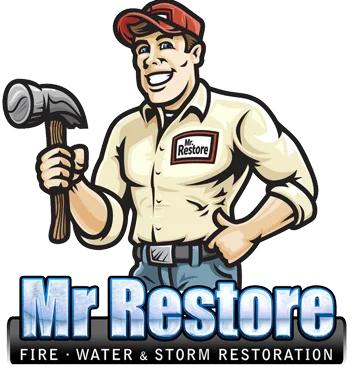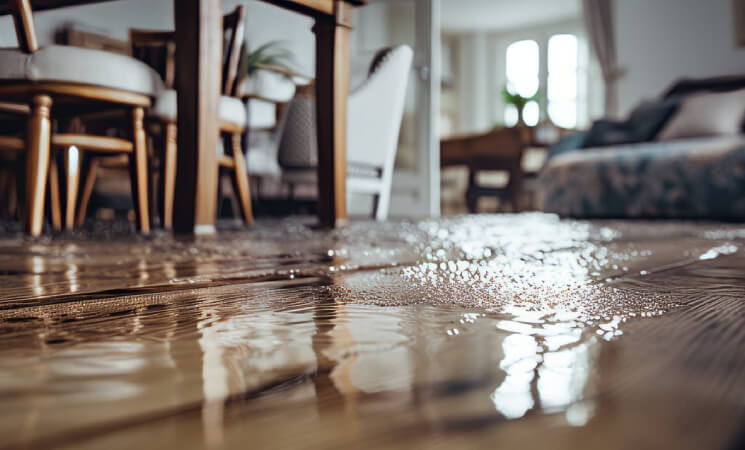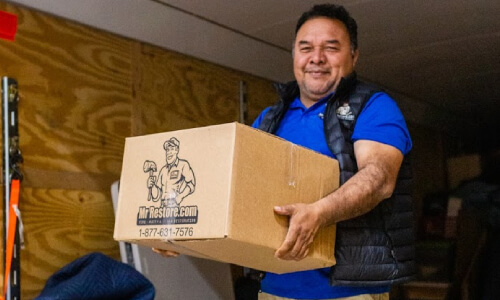When a disaster strikes, whether it's a natural calamity, a home accident, or any other unexpected event, knowing who to contact is crucial for a swift and effective response. Promptly reaching out to the right individuals and organizations can help ensure your safety, address immediate concerns, and begin the recovery process. In this blog post, we will highlight the key contacts you should reach out to after a disaster. By having this information readily available, you'll be better equipped to navigate the aftermath of a disaster and receive the necessary support to rebuild and restore normalcy.
Emergency Services
In the event of a disaster, your first point of contact should be emergency services. Dial the emergency hotline in your country (such as 911 in the United States) to report the situation and request immediate assistance. Emergency services personnel, including police, fire departments, and medical responders, are trained to handle a wide range of emergencies and can provide vital aid, such as rescue operations, medical assistance, or evacuation support.
Local Authorities
Contact your local authorities, such as city or county officials, to report the disaster and receive important information regarding emergency shelters, evacuation routes, or community resources. They can provide guidance on safety protocols, access to disaster relief programs, and updates on the overall response efforts. Staying informed and following the instructions of local authorities can help ensure your well-being and facilitate a coordinated response to the disaster.
Insurance Provider
If your property has been damaged or destroyed, contact your insurance provider as soon as possible to initiate the claims process. Provide them with detailed information about the extent of the damage and any supporting documentation, such as photographs or videos. Your insurance company will guide you through the necessary steps to file a claim, assess the damages, and determine coverage for repairs or replacement. Keep records of all communication and document the damage thoroughly to facilitate a smooth claims process.
Restoration and Repair Services
After a disaster, you may need professional assistance to restore and repair your property. Contact reputable restoration and repair companies specializing in the type of damage you've experienced, such as water damage, fire damage, or mold remediation. These professionals have the expertise, equipment, and resources to mitigate further damage, restore your property, and ensure a safe living environment. Obtain multiple quotes and verify the credentials of the service providers to make informed decisions regarding the restoration process.
Family and Friends
Reach out to your family and friends to inform them about the situation and ensure their safety as well. Share important details about your well-being, any damages or injuries sustained, and your immediate plans. Your loved ones can provide emotional support, assistance with temporary accommodations, or help with logistical arrangements. Additionally, they can serve as an additional communication network to relay important information and updates.
Community Support Organizations
Numerous community support organizations and non-profit groups specialize in disaster relief and provide valuable assistance to affected individuals and communities. These organizations offer resources such as food, clothing, temporary shelter, and medical aid. Reach out to local disaster response agencies, community centers, or religious organizations to access these services. They can also connect you with support groups, counseling services, or financial assistance programs aimed at aiding disaster-affected individuals and promoting recovery.
In the aftermath of a disaster, knowing who to contact is essential for your safety and recovery. By reaching out to emergency services, local authorities, insurance providers, restoration and repair services, family and friends, and community support organizations, you'll be taking the necessary steps to navigate the challenging post-disaster period. Remember to stay calm, prioritize your well-being, and follow the guidance provided by the appropriate authorities and professionals. With the support and assistance of these key contacts, you can begin the process of rebuilding, healing, and restoring normalcy after a disaster strikes.






